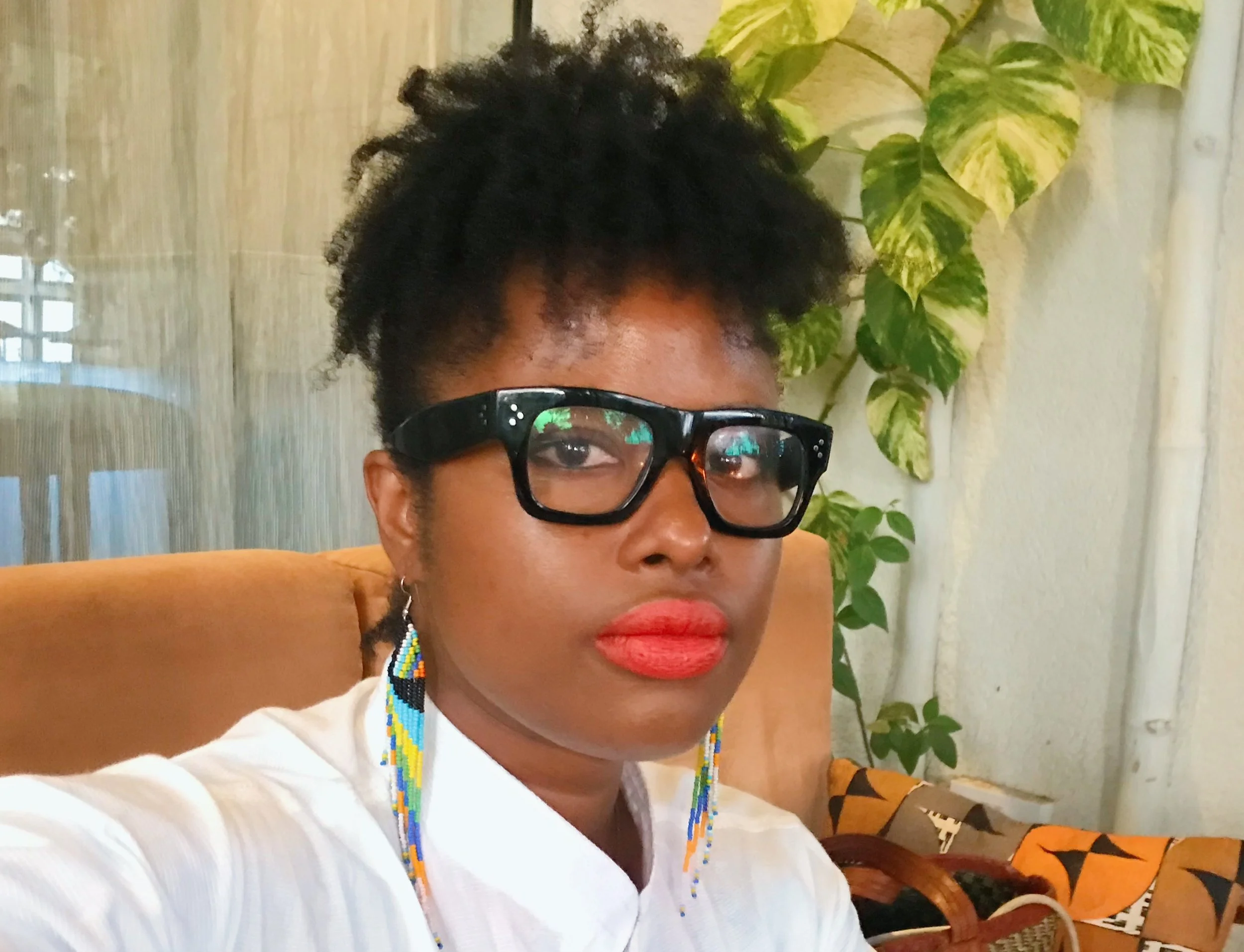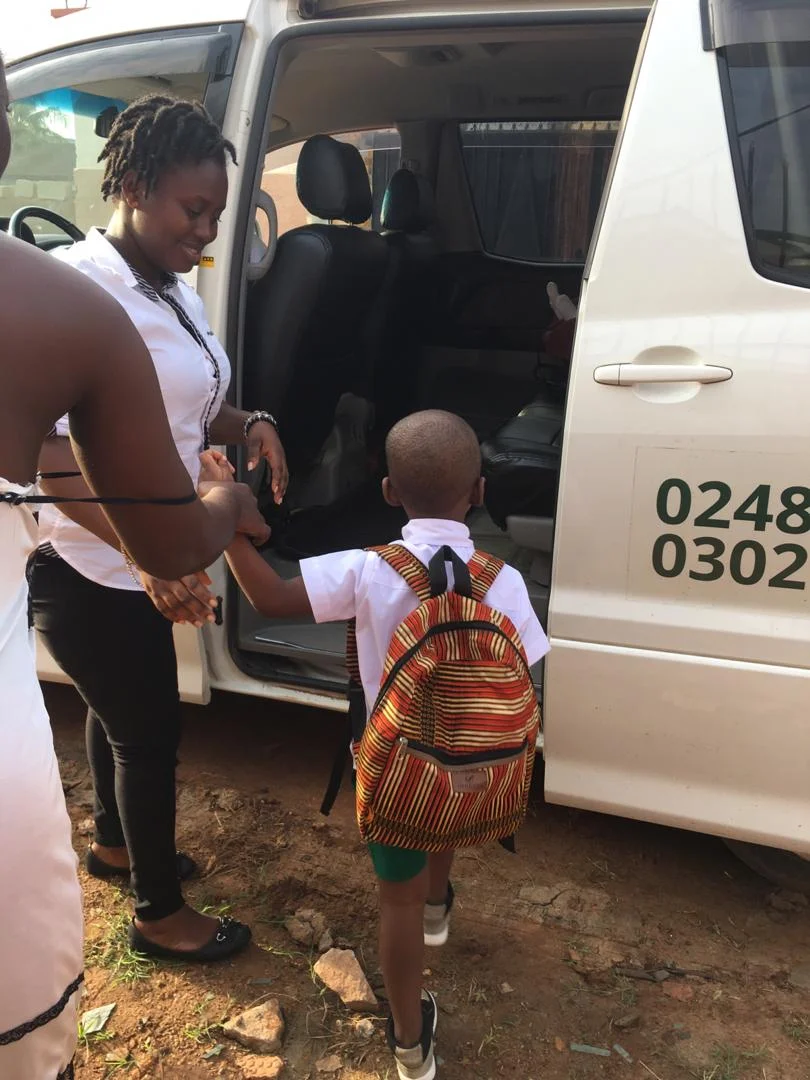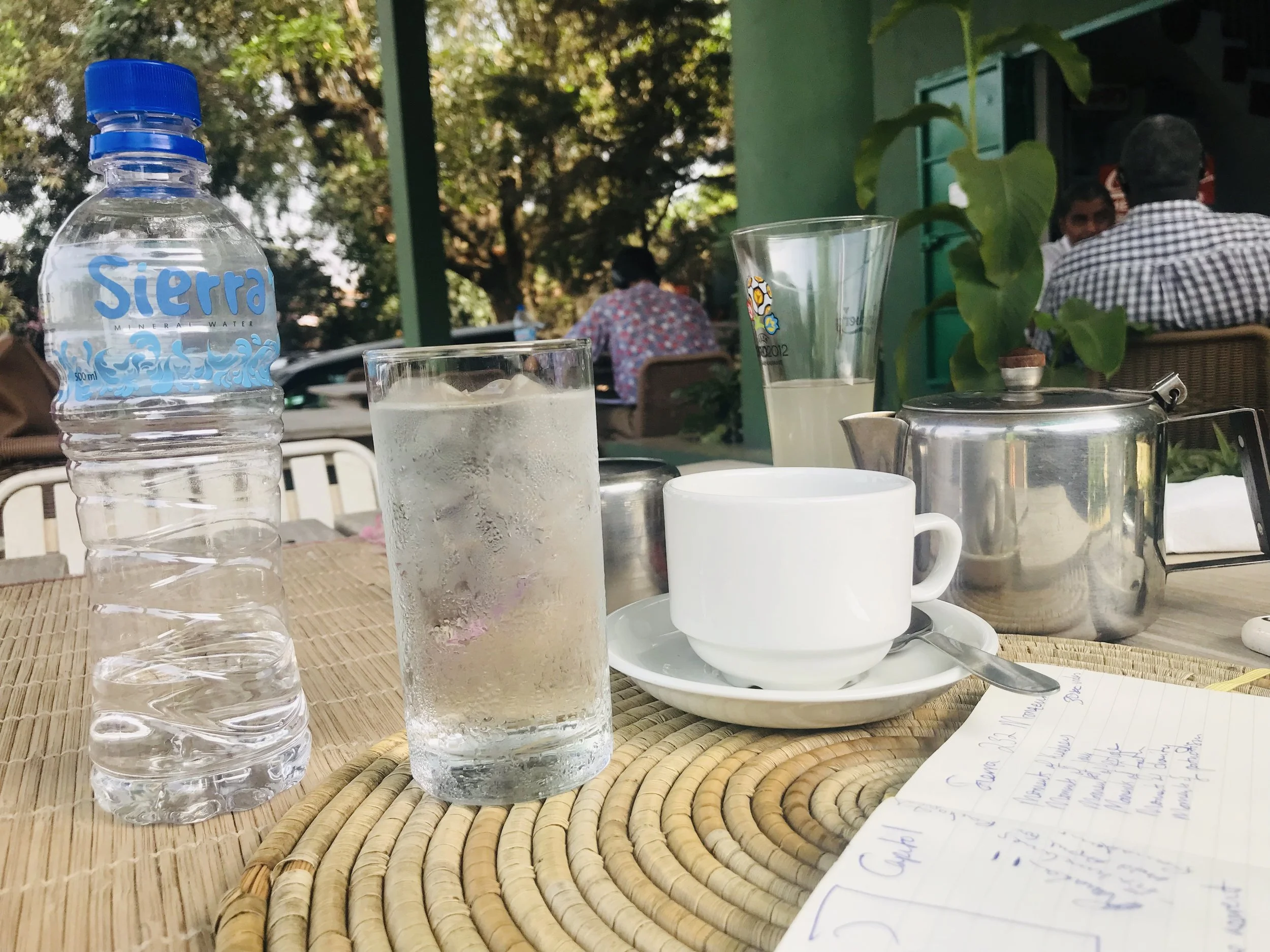Na di war do wi so or na wi do wi sef?
Talking about the civil war is something I try not to do. It is something I try to put behind me. Just now watching Aljazeera’s Husband School documentary I didn't expect it to be so triggering. It took me back to being 12 years old in Freetown in 1997. It was the summer of another coup d’etat, only this time the army and the RUF joined together. Soldiers went to my sister’s house at Sackville Street trying to take her, she had to run away. She came to Murray Town to join me and the rest of our family. My grandmother was terrified. She would not let us leave the compound for weeks because she was afraid the ’solbels’ would take us.
As I watched the Husband School, I was taken back to that feeling of fear, about violence that I had tried to forget and buried in my subconscious.
”If ah go up street, army man go see me den go take me, en rape me.”
Ultimately, it was because my grandmother feared that we would be raped and that she could not protect us that she put me (12), my sister Salwa (15) and my brother Amadu (16) unaccompanied on a bus to Guinea with others fleeing the war in Sierra Leone.
I don't like talking or thinking about the war but I'm here now emotionally overwhelmed by a fear of sexual violence that I didn't have the words to express at the age of 12.
We have left the war behind but right now I feel, it hasn't left me completely or much of Sierra Leone. Human Rights Watch reported that over 200,000 girls and women were victims of sexual violence over 10 years of war. This means we have lots of men in our country who raped women during the war who were never punished. They are still with us in our communities.
Are we where we are today as a nation because of sexual violence perpetrated by the war? Are we still grappling with the long term effects of war? Or is the rise in cases and the penetration of girls and rape of women what happens in our society because of gender inequality that predates the war?
I don't have answers.





